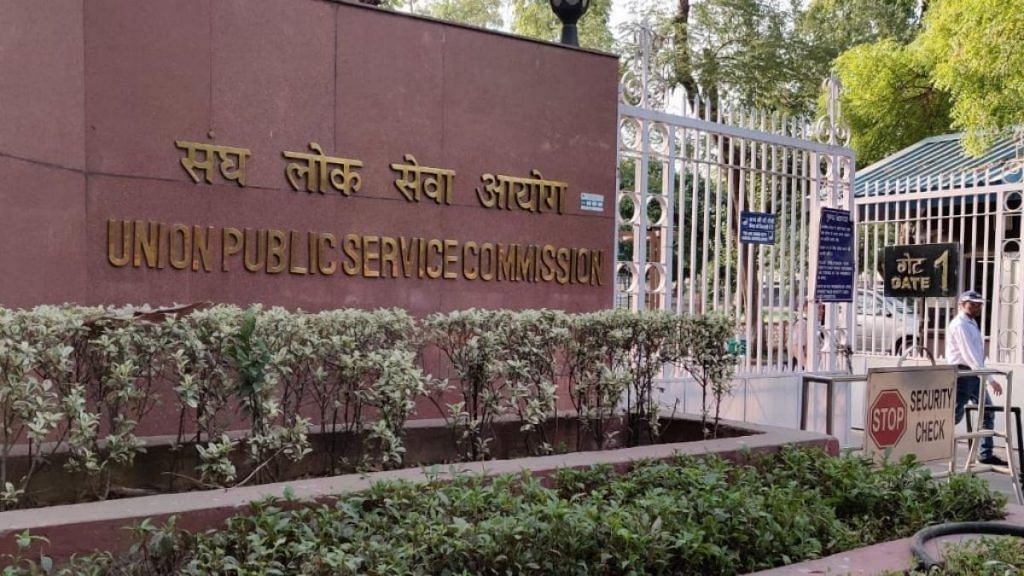Like the growing crescent of the moon, the trajectory of my studies too continued to grow. I was becoming more and more confident by the day. I did not sit and stare at the skies but dived into the challenging world of competitive exams. I decided not to complain or blame anyone or anything. I knew that playing blame games and making excuses was a recipe for disaster. I backed my dreams with my efforts and hard work. I believed in myself fully and ensured I kept away from negative thoughts and people. I embraced my failures wholeheartedly. The only mantra for me was ‘hard work and more hard work’
Fully charged, I came to Thane and stayed at a friend’s house to start my studies in earnest. I appeared for the IAS prelims and as a fall-back option, took the MPSC exam as well. I cleared both and my excitement knew no bounds. But my exhilaration was cut short when the finals for both the exams got scheduled close to each other. However, I didn’t allow the situation to get the better of me and distract me from my focus. I kept my presence of mind and made a perfect timetable for the finale. I followed my plan to the ‘T’ with utmost discipline. I was enjoying my hard work and putting in sixteen hours of effort daily.
The IAS exam is a tough one and often the questions asked are out of context. The syllabus is vast and wide. It is crucial to focus on how and what one has to study rather than how much. Hence it is important to understand what not to study. Merely working like a donkey is not effective at all. I studied keeping all this in mind, with precise and focused efforts. While writing the exam, it is crucial to answer the questions in a comprehensive manner, yet not deviating from the main points. It is also important to write clearly and neatly, because a clean answer sheet impresses the examiner.
With my bag of tricks and a well-planned study plan, I was ready for the baptism by fire. I had prepared in advance for the alternate subjects. I was fully ready to use the arrows in my quiver and hit the target. My deep analysis of the syllabus proved right and I did not find the questions difficult at all. I aced the exam, doing better than I expected in all the papers. After clearing both the prelims and the finals, it was time for me to face the personal interview. I had a month’s time for it. I prepared my biodata and focused on keeping myself updated on current affairs. I didn’t want to hide my humble and rustic rural background, my frank nature and the authenticity which defined me. I had been involved in social welfare and in creating general awareness amongst the public at large, and planned to share that too if asked. Fortunately, the questions in the interview were related to such topics. Lt Gen. Surendranath, the then chairman of the interview board, asked me some incisive questions on my involvement in the NCC and participating in the shooting competition.
Also Read: ECI founder Sukumar Sen was unsung hero of Indian democracy who could make Nehru wait
I was a little conscious about using Marathi in the interview, but I answered all the questions confidently using a mixture of Marathi, Hindi and English. Finally, Gen. Surendranath asked in Hindi, ‘Aap is duniya mein kyon aaye ho?’ [Why have you come into this world?]. It was a tricky question, but I managed to give an impressive answer. I replied by quoting by quoting a song from a popular musical Man of La Mancha:
To dream the impossible dream
To fight the unbeatable foe
To bear with unbearable sorrow
To run where the brave dare not go
To right the unrightable wrong
To love pure and chaste from afar
To try when your arms are too weary
To reach the unreachable star
This is my quest
To follow that star
No matter how hopeless
No matter how far
To fight for the right
Without question or pause
To be willing to march
Into hell for a heavenly cause
And I know if I’ll only be true
To this glorious quest
That my heart will lie peaceful and calm
When I’m laid to my rest
And the world will be better for this
And one man, sore and covered with scars
Still strove with his last ounce of courage
To fight the unbeatable foe
To reach the unreachable star
I confidently stated that I wanted to make positive and creative changes while being part of the system. I said, ‘It is not my intention to create chaos or a disruption, but my whole effort is to bring about change. The fire should burn, be it in my heart or yours; it doesn’t matter where, as long as it continues to burn.’
I was more successful than I had expected. I got selected for three posts—deputy superintendent of police or DSP (IPS), deputy collector or DC (IAS), and as sales tax inspector or STI (MPSC). I was always attracted by the uniform and decided to join the IPS. The training for IPS is considered one of the most vigorous and rigorous in India. All police officers have to lead their teams in the state they are assigned to. The training is challenging but builds confidence and the ability to win.
